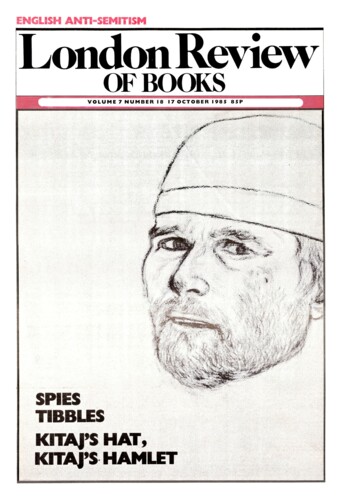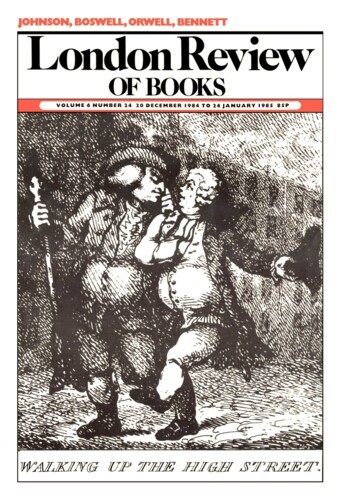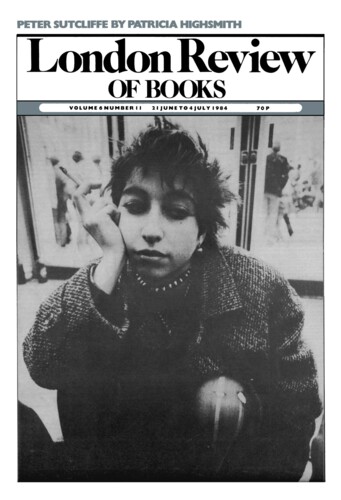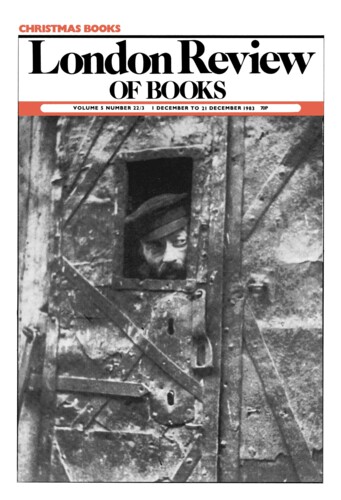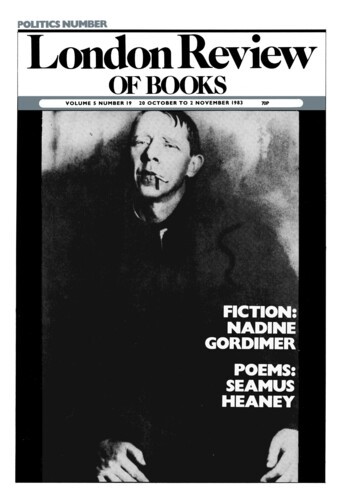Delay
Michael Neve, 17 October 1985
Delay, the reasons for delay, the question as to what kind of behaviour is going on in the business – indeed, the industry – of delaying, is worth some time. For one kind of modern mind, there’s no problem: delay is simply the tedious exterior of the lazy sod, the sod beneath the skin. Delaying isn’t an activity, with hidden meanings that may be of interest: here, it’s a gap in nature, or a sign of complete inactivity. This seems an increasingly unattractive line to take, usually emanating from people unable to grasp that some kinds of ‘work’ are pathological, and that a life that cannot work at a number of things besides ‘work’ is not always a good life. There are certainly new kinds of manager around, unable to stop ‘working’ (or face the weekend void), who see delay as a nuisance, and who seem quite happy to confer a universe of delay, and unemployment, on others, partly as a form of self-protection. Here the possibility – as with so many so-called neuroses – that delay is a struggle for health, or at the very least a way of stalling disease, is not permitted. You’re late. You’re out.’
